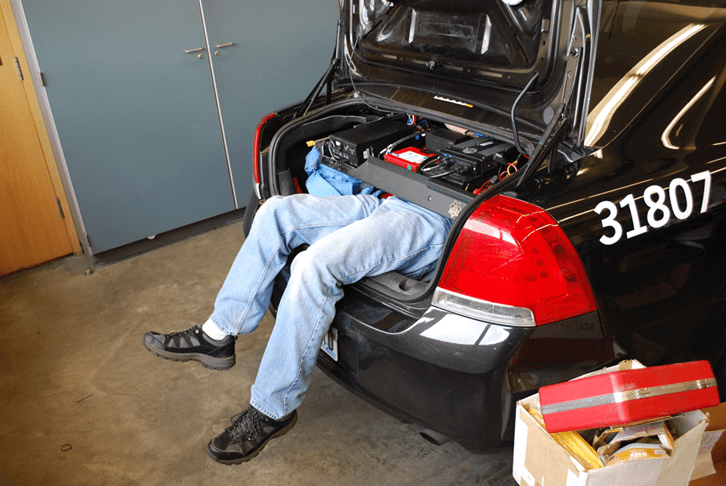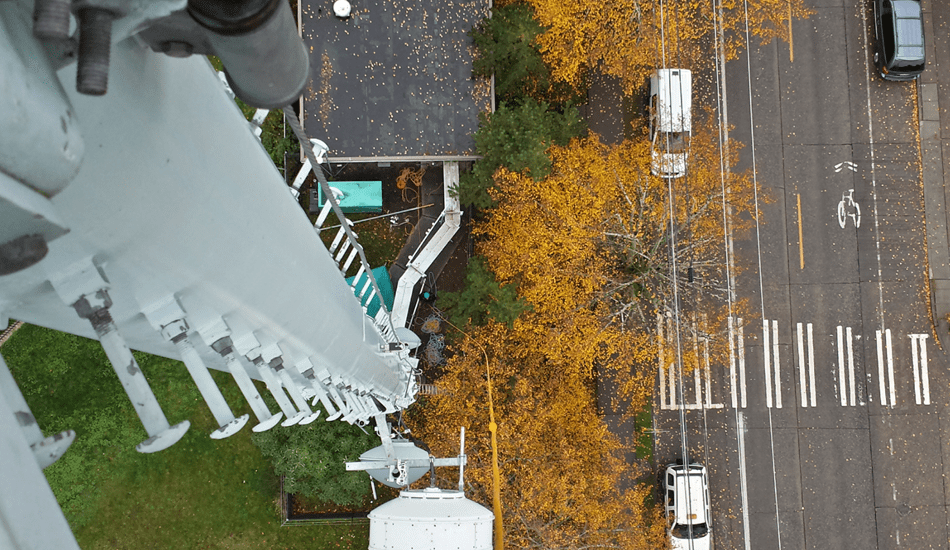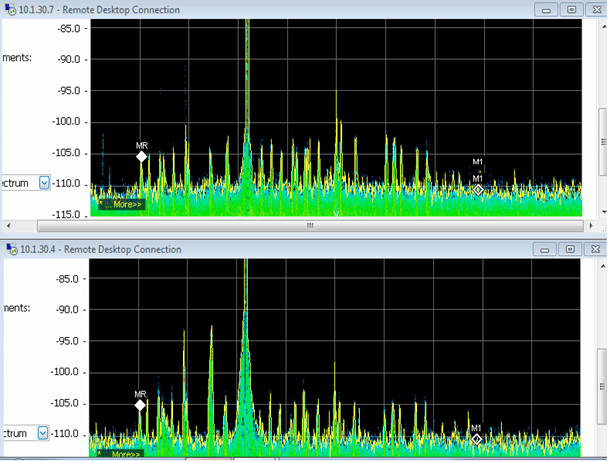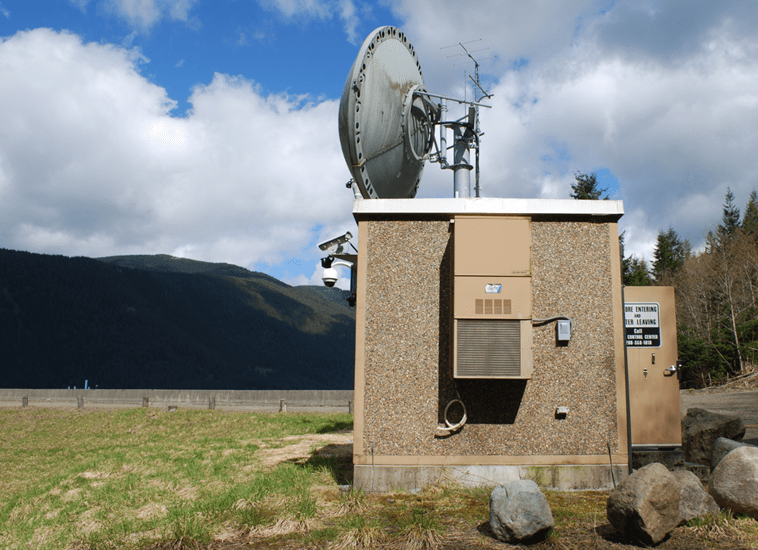
Seattle IT’s Radio team is the hands-on enabler of emergency communications throughout the city, ensuring radio systems and signals are operational and robust. They are a jack of all trades team who travel the city climbing into the trunks of police cars, fire engines and Seattle Public Utility (SPU) trucks to install computers and radios. They scale towers in a single bound, and alert us if a dam breaks. Sound like superheroes? Check.
It’s safe to say this work cannot be done remotely. The radio comms team didn’t work from home like most City of Seattle workers during COVID-19, instead they masked up and went out every day providing best-in-class service to customers throughout the city and region.
Some of their most important work is done for the dispatch centers for Seattle Police Department (SPD) 911, Seattle Fire Department (SFD) 911, and SPU’s Operational Control and North Operations Center. Not to mention all the SFD stations and the reservoirs at Tolt River and Cedar Falls where they work, in tandem with SPU, on the reservoir alert systems.

The three broad functions provided by our Radio Communications team include:
Installation of electronic equipment — ALL the radios, computers, car video in SPD, SFD, SPU, and many small department City vehicles and boats. It’s a varied and large fleet. The team is currently replacing the car computing and video systems in 350 police cars.

Technical support and maintenance — In short, the radio team provides 24/7 365-day support for all the City’s radio systems, except for Seattle City Light (SCL) and Seattle Department of Transportation (SDOT). The team operates and supports six main towers in and around Seattle and remote locations. Four of these towers make up Seattle’s 800 MHz system which enables 10,000 City devices to operate, not to mention provides radio signals into the Link Light Rail tunnels and supports University of Washington (UW) police radio communications.

Radio interference has become a more frequent problem for our 800 MHz radio system and the team spends time each month “interference hunting.” When signals rise to a level that begins to impact reliable communications for mission-critical users, the radio team technicians mobilize to hunt down the source.
“We also work cooperatively with the Federal Communications Commission on these issues as needed, but our staff are the experts at locating the problem,” said Spencer Bahner, Radio Shop manager.
Special Projects – Providing portable radios for the Lumen Field vaccination site. Working with First and Goal to enhance radio communications for fire and police at the football stadium during games. Installing signal boosters for the National Guard field hospital that Seattle thankfully did not have to use. The team also manages the 600+ pagers still in use by City employees.
“There’s always something new in our line of work,” says Bahner, who leads the team. A typical week might include fixing Locution, the firefighter alerting system that wakes up the firefighters, operates the lights and doors, and turns off the stove at all the firehouses, installing signal boosters at a large indoor event, or procuring and programming 80 walkie talkies for the vaccination clinic on a tight schedule.
“We don’t mind the ‘fire drills,’ which I don’t mean in a cynical way. Every month some unusual project hits our desk and quite frankly, we do fine with that. It keeps things interesting!” added Bahner.
This small but mighty team led by Bahner includes 11 City employees that are radio techs, jacks (and jills( of all trade, and telecom installers.

